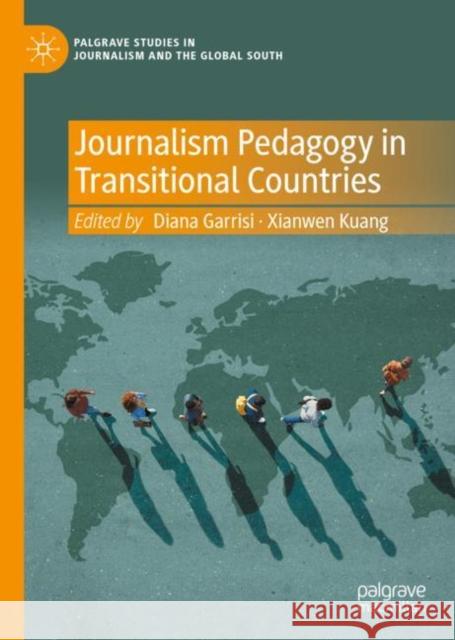Journalism Pedagogy in Transitional Countries » książka
Journalism Pedagogy in Transitional Countries
ISBN-13: 9783031137488 / Angielski / Twarda / 2022 / 242 str.
Journalism Pedagogy in Transitional Countries
ISBN-13: 9783031137488 / Angielski / Twarda / 2022 / 242 str.
(netto: 575,06 VAT: 5%)
Najniższa cena z 30 dni: 578,30
ok. 16-18 dni roboczych.
Darmowa dostawa!
This book explains what it means to teach journalism in countries with limited media freedom in the post-pandemic era. It digs into the social and historical factors underpinning the development of journalism university degrees and courses in a selection of illustrative case studies taken from Africa, Asia, Europe, and Latin America. This work assesses both the limitations and creative opportunities arising from teaching journalism under constraints. Topics include but are not limited to: the application of Western theoretical frameworks in new transnational universities in China; the historical and political roots of the gap between industry and academia in Slovenia; ideological clashes and classism in higher education in the Arab region; scholar-activism in Turkey; decolonizing journalism curricula in South Asia; journalism students as research partners in the Philippines; and the repression of the student press in Mexico. Although this book focuses broadly on the Global South, the theoretical and practical implications of its findings and related discussion will inform the challenges facing journalism training today as a whole.
This book explains what it means to teach journalism in countries with limited media freedom in the post-pandemic era. It digs into the social and historical factors underpinning the development of journalism university degrees and courses in a selection of illustrative case studies taken from Africa, Asia, Europe, and Latin America. This work assesses both the limitations and creative opportunities arising from teaching journalism under constraints. Topics include but are not limited to: the application of Western theoretical frameworks in new transnational universities in China; the historical and political roots of the gap between industry and academia in Slovenia; ideological clashes and classism in higher education in the Arab region; scholar-activism in Turkey; decolonizing journalism curricula in South Asia; journalism students as research partners in the Philippines; and the repression of the student press in Mexico. Although this book focuses broadly on the Global South, the theoretical and practical implications of its findings and related discussion will inform the challenges facing journalism training today as a whole.











